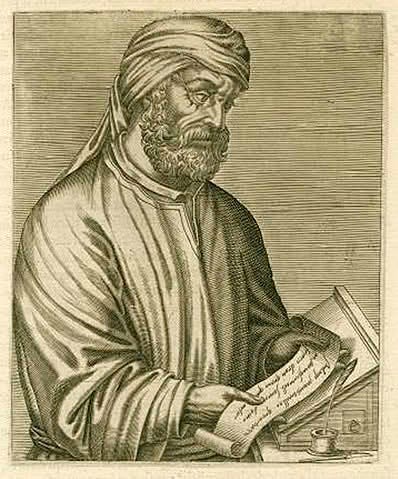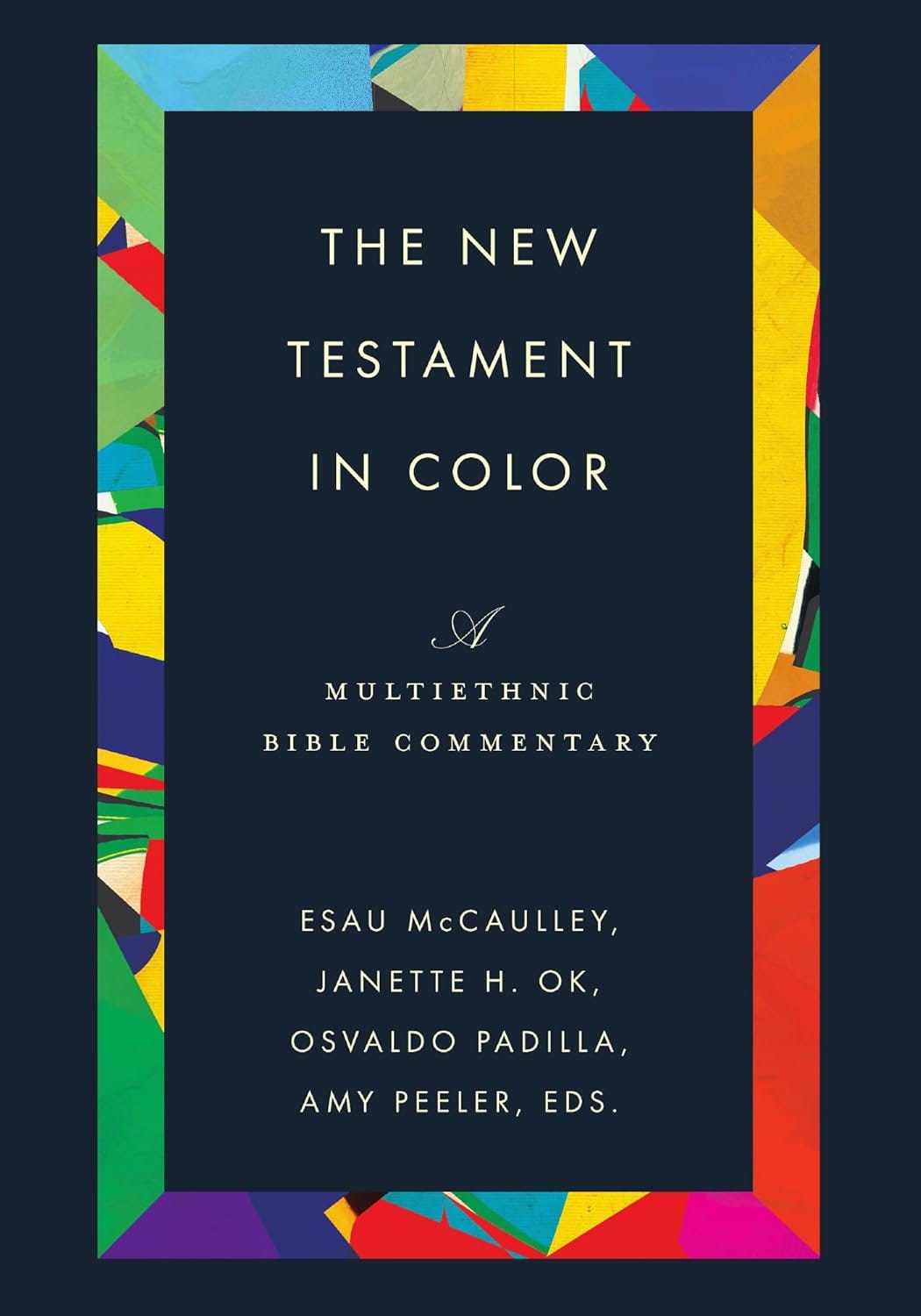
We believe in one God, the Father Almighty, creator of heaven and earth. And in Jesus Christ his only son, our Lord…
Every core theological truth the church affirms today we owe to the earliest generations of leaders. They wrestled with all the wildly or subtly “off” ideas about God that arose over time, seeking to remain true to God’s inspired word. Leaders began meeting at official councils to talk through major issues such as the nature of God and the identity of Jesus. Thanks to them, the church worldwide has language to articulate the core, orthodox truths of the faith 2,000 years later.
Reading Church Fathers Critically
How well you could recognize the names of even the most prominent church fathers? Think Irenaeus, Augustine, Basil the Great, Gregory of Nyssa, Aquinas, Luther, Calvin. There are plenty more, of course. Some are so revered for their contributions to the faith that it’s tempting to take anything they say as gospel truth. But that’s not how being human works.
The church fathers sometimes got it wrong.
And we are allowed to use discernment as we read their works, measuring their words against scripture. So, in the spirit of baseball season, let’s take a look at a few “home runs” paired with some “foul balls.”
Tertullian
Home Run
Tertullian, an early church scholar writing in the late second century, is known for coining the term "Trinity" and for giving clarity to Jesus's dual nature. Though in later life he turned to sects and non-apostolic views, his writings include foundational thoughts that continue to impact the church today. For instance, long before the Council of Nicaea (AD 325) formalized the language of faith in the creed, he wrote this summary of the church’s core beliefs:
The rule of faith, indeed, is altogether one, alone immoveable and irreformable; the rule, to wit, of believing in one only God omnipotent, the Creator of the universe, and His Son Jesus Christ, born of the Virgin Mary, crucified under Pontius Pilate, raised again the third day from the dead, received in the heavens, sitting now at the right (hand) of the Father, destined to come to judge quick and dead through the resurrection of the flesh as well (as of the spirit). (On the Veiling of Virgins, 1)
Foul Ball
Yet, in the same treatise, Tertullian laid the responsibility for men’s morality at the feet of women: “I pray you, be you mother, or sister, or virgin-daughter . . . veil your head: if a mother, for your sons' sakes; if a sister, for your brethren's sakes; if a daughter for your fathers' sakes. All ages are perilled in your person.” (On the Veiling of Virgins, emphasis added)
In other words: “Modest is hottest.” Women’s bodies are to blame when men lack honor.
Foul Ball
In a separate treatise, he identified all women as guilty of Eve’s sin:
“Do you not know that you are (each) an Eve? The sentence of God on this sex of yours lives in this age: the guilt must of necessity live too. You are the devil's gateway: you are the unsealer of that (forbidden) tree: you are the first deserter of the divine law: you are she who persuaded him whom the devil was not valiant enough to attack. You destroyed so easily God's image, man.” (On the Apparel of Women, 1)
Augustine of Hippo

Home Run
Widely considered the greatest church father in terms of enduring influence over theology and philosophy, Augustine was a bishop in North Africa in the early 400s. He is regularly labeled the most significant theologian after the apostle Paul. Like, he’s at the top of the top of the top in Christian thought leaders. One of his primary contributions was to articulate the doctrine of grace:
For ‘the Lord knoweth them that are His;’ and ‘as many as are led by the Spirit of God, they are sons of God,’ but by grace, not by nature. For there is but one Son of God by nature, who in His compassion became Son of man for our sakes, that we, by nature sons of men, might by grace become through [Christ] sons of God. (City of God)
Home Run
He opposed slavery, a rarity in his day: "The condition of slavery is the result of sin." (City of God, 15)
Foul Ball
Augustine, who struggled with sexual sin for decades until his conversion at 33 years old, considered sexual passion a sin since it overwhelms reason. He above all sought to control his thoughts and actions, making even the necessity of conceiving children tainted: “The evil, however, at which even marriage blushes for shame is not the fault of marriage, but of the sexual passion of the flesh. Yet because without this evil it is impossible to effect the good purpose of marriage, even the procreation of children, whenever this process is approached, secrecy is sought, witnesses removed, and even the presence of the very children which happen to be born of the process is avoided as soon as they reach the age of observation.” (On the Grace of Christ, II, 42)
Augustine’s fraught perspective on sex has influenced Christian thought for centuries.
Martin Luther

Home Run
Luther rejected the corruption of the church in the early 1500s. His personal journey to faith led him to read Scripture, and he eventually realized that he could do nothing to earn his salvation (despite his best efforts). From Luther’s 95 Theses, a list of reforms he wished the church to consider, the Protestant Reformation began in (what is now) Germany. Theological ideas promoting sola fide, sola Scriptura, sola gratia (faith alone, Scripture alone, grace alone) became cornerstones of what are now many Protestant denominations.
Foul Ball
Luther was a known anti-Semite, writing against the Jewish people in a variety of ways. It appears he was more willing to go public with his sentiments as he got older, for his writings progressively included stronger language. His arguments against them were theological rather than social—he had become frustrated by the Jews’ refusal to convert to Christianity: “A Jewish heart is as hard as a stick, a stone, as iron, as a devil.” He did not, however, hold Jews responsible for the death of Christ.
Small comfort, that. Luther eventually proposed seven measures of “sharp mercy” that German princes could take against Jews: (1) burn their schools and synagogues; (2) transfer Jews to community settlements; (3) confiscate all Jewish (i.e., “blasphemous”) literature; (4) prohibit rabbis to teach; (5) deny Jews safe conduct, to prevent the spread of Judaism; (6) appropriate their wealth and use it to support converts and to prevent the lewd practice of usury; (7) assign Jews to manual labor as a form of penance.
Lessons for Today
The church has been blessed by so many with the intelligence and ability to wrestle deeply with important concepts. But the gifted thinkers of yesterday were also imperfect thinkers. They got some important ideas right, but they were as much products of their own cultures and times as we are of ours today, and some of their teachings (outside of the councils) reflect the influence of their circumstances. In short, they had biases.
Bias is not good or bad, it just is. We all see the world through a filter influenced by our personal realities: time in history, location, socio-economic status, family, race, etc. Bias hurts us when: a. we don’t realize we have it or, b. if we do acknowledge it but resist considering others’ views.
When we recognize our bias, we can work to counter our ingrained worldview by seeking input from those with different worldviews. The New Testament in Color: A Multiethnic Bible Commentary, for instance, offers orthodox, scholarly input on New Testament books from men and women of different continents, backgrounds, and ethnicities. For evangelicals whose theology has been dominated by white male Westerners from the 19th century onward, the expansive perspectives are a gift.
Church history is full of fallible humans, some of whom are doing their best to be faithful followers of Christ. We benefit in many ways from their good work of making sense of the Scriptures. But we are not bound to accept every bit of their teaching. First, they were bound by their culture, limited because of their bias. Second, no one gets it all right. And third, some of their contradictions came because they lived long enough to change their minds.
What a freeing thought.
Changing your mind on non-orthodox, “secondary” issues is a sign of curiosity and growth. Since not every denomination or church has every doctrinal “i” dotted and “t” crossed correctly, it’s healthy for members to question, learn, and sometimes differ on conclusions. Even the great theologians got it wrong sometimes. So will we. But we keep going back to Scripture, reading perspectives outside our own bias, utilizing our community to discuss, and humbly seeking God’s wisdom.
Have you ever questioned teachings you learned from your church tradition?
What can you do to identify how your biases have impacted the way you read Scripture?
On which issues have you changed your mind, and why?





